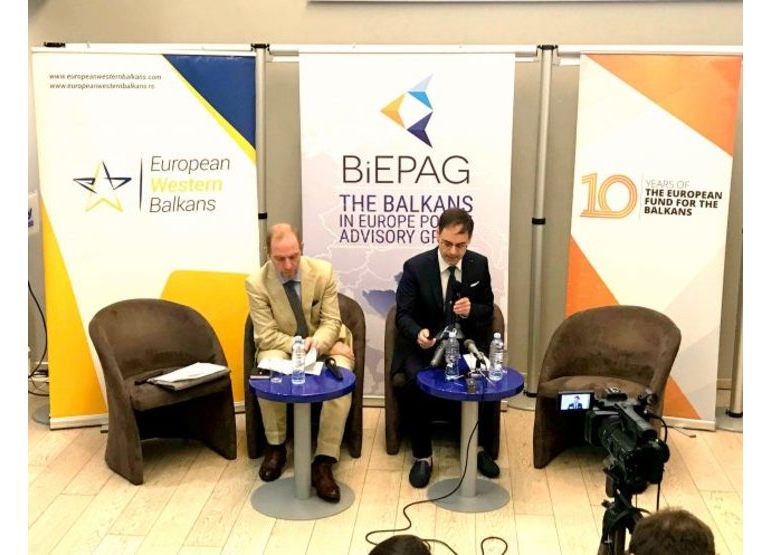

The rationale of EU enlargement in the Western Balkans has been changing during the last couple of years. The consolidation of stability and the full implementation of liberal political and economic reforms are no longer the principal (or the sole) arguments cited to make the case for the region’s EU accession. European decision-makers have been increasingly claiming that the EU should move on to contain the negative influence in the Western Balkans of other external actors, namely, Russia, China, Turkey and the Gulf countries. Those actors’ engagement extends from economic investment, particularly in large-scale infrastructure, to political support for governments and parties, as well as active media engagement. Beyond that, there has been more clandestine and covert engagement, often the subject of intense speculation. The EU considers itself involved, against its will, in a traditional geopolitical game of influence in a European periphery where its competitors allegedly strive to redefine the rules of the game, to the disadvantage of the Western Balkan region and the EU.